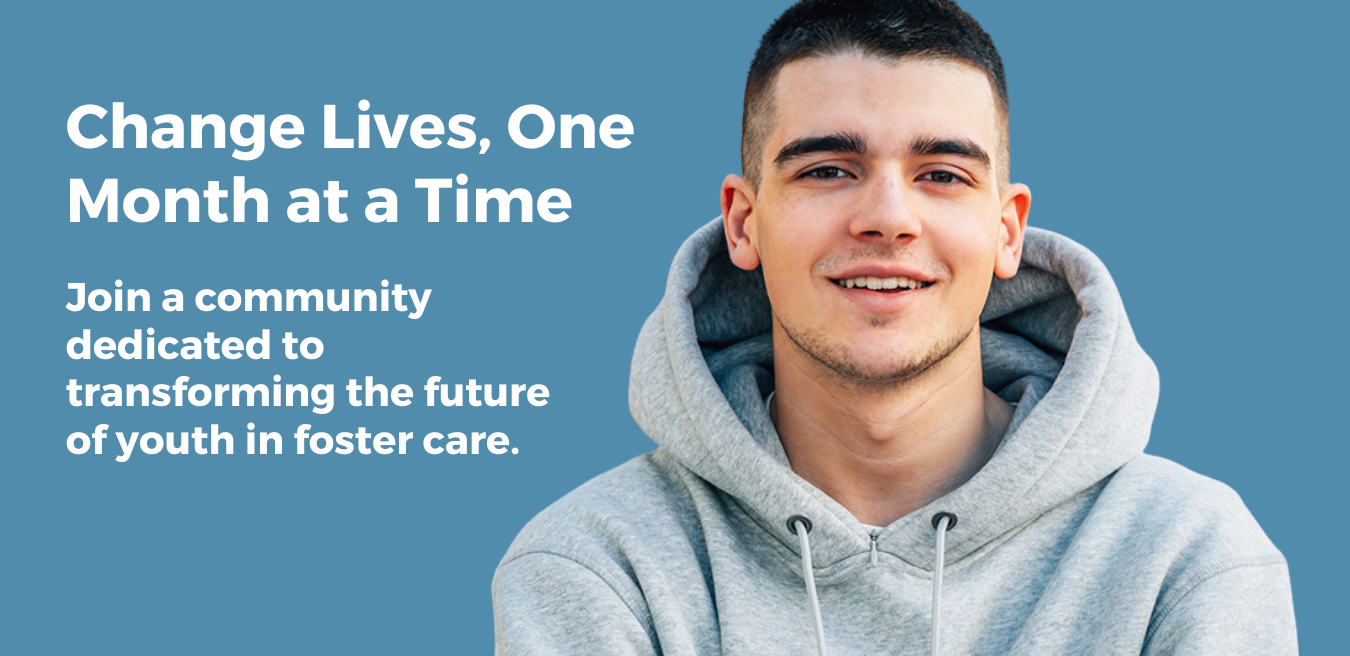
Producing Modification: The Function of Volunteers in Juvenile Justice Programs
Introduction
The juvenile justice system frequently operates under a cloud of misunderstanding and preconception, with many failing to acknowledge the capacity for rehabilitation and favorable modification. One of the most considerable forces driving this change is the selfless dedication of volunteers. These individuals, who generously Nonprofit organizations contribute their time and skills, play an essential function in changing the lives of young people caught in the web of juvenile justice. In this article, we will explore Creating Change: The Function of Volunteers in Juvenile Justice Programs, taking a look at how offering can cultivate personal development, emotional healing, and meaningful change within these susceptible populations.
Creating Modification: The Role of Volunteers in Juvenile Justice Programs
Volunteers operating in juvenile justice programs work as coaches, educators, and supporters for youth who are often neglected by society. They use emotional support, practical assistance, and motivation for these young people to organize their lives. By engaging with at-risk youth through numerous initiatives-- such as mentoring programs, tutoring sessions, and life abilities workshops-- volunteers help build strength and self-esteem.
Understanding the Juvenile Justice System
What Is the Juvenile Justice System?
The juvenile justice system is designed to attend to offenses devoted by minors. Unlike adult courts, which focus on punishment, juvenile courts normally stress rehab. This method acknowledges that kids are still developing mentally and psychologically.
Key Elements of the Juvenile Justice System
The Importance of Volunteer Support
Why Are Volunteers Essential?
Volunteers bring unique skills and viewpoints that improve existing programs within the juvenile justice system. Their contributions can lead to enhanced results for youth by supplying role models who promote positive behavior.
Benefits of Volunteering in Juvenile Justice Initiatives
- Skill Development: Volunteers gain important experience that boosts their own professional qualifications.
- Community Impact: Positive relationships in between volunteers and youths add to more powerful communities.
- Increased Awareness: Volunteers can assist raise awareness about issues affecting juvenile offenders.
Types of Volunteer Opportunities Available
Mentoring Programs
One-on-one mentoring plans enable volunteers to connect meaningfully with youths dealing with obstacles unique to their circumstances.
Tutoring Initiatives
Volunteers can offer academic support through tutoring sessions that attend to educational spaces brought on by disruptions in schooling due to incarceration or other factors.
Life Skills Workshops
Workshops concentrating on important skills such as interaction, dispute resolution, and monetary literacy equip young people with tools needed for effective reintegration into society.
Finding Volunteer Opportunities Near You
How Can I Find Volunteer Jobs Near Me?
There are various ways to discover volunteer chances:

Volunteer Opportunities Pleasant Hill
Residents in Pleasant Hill can access various local charities that focus on children's services. Organizations typically cater specifically to youth associated with the juvenile justice system.
Impact on Mental Health Through Volunteering
How Does Volunteering Affect Mental Health?
Engaging with others through volunteer work has been shown to combat sensations of seclusion while increasing self-esteem and general psychological health for both volunteers and those they serve.
Key Mental Health Advantages for Youths Involved in Juvenile Justice Programs
- Improved Self-Esteem
- Decreased Anxiety
- Enhanced Resilience
Real Stories: Success Through Volunteer Efforts
Sharing success stories from both volunteers and program individuals supplies a tangible glimpse into how volunteer efforts translate into real modification:
Challenges Faced by Volunteers in Juvenile Justice Programs
Despite their noble intentions, volunteers come across a number of obstacles:
1. Emotional Strain
Working closely with distressed youths can be mentally taxing; thus, it's essential for volunteers to practice self-care.
2. Resource Limitations
Many programs deal with funding shortages that limit their capability to offer detailed services; however, volunteers can often action in to bridge these spaces creatively.
FAQs About Volunteering in Juvenile Justice Programs
What credentials do I require to volunteer? Most programs require only interest and dedication; however, some might request background checks or particular training.
Can I pick what kind of volunteering task I want? Absolutely! Lots of companies permit you to choose functions that line up with your interests or expertise.
Is there an age requirement for volunteering? Some programs might have age restrictions; typically, you should be at least 18 years of ages or accompanied by an adult if younger.
How much time do I need to commit? Commitment levels differ widely from one-time events to continuous weekly engagements-- it's essential to discover what works best for you!
Can offering improve my career prospects? Yes! Many companies worth neighborhood involvement extremely; in addition, you'll get brand-new abilities relevant throughout numerous fields.
Are there any virtual volunteer chances available? Certainly! Numerous organizations offer remote choices such as online tutoring or mentoring through video calls due to increased need during recent times.
Conclusion
In conclusion, the vital function played by volunteers within juvenile justice programs can not be overemphasized-- their impact ripples throughout communities far beyond specific interactions with at-risk youth. By investing time-- and sometimes heart-- into these initiatives, they not only facilitate individual changes however also contribute positively towards broader societal changes surrounding perceptions of young offenders.
As we move forward together towards social development anchored around compassion rather than condemnation-- let's celebrate those unsung heroes ready action up where they're required most!
This article serves as a helpful guide on how individuals thinking about making a difference can get included while clarifying a vital aspect of our society-- juvenile justice reform led by passionate volunteers dedicated towards creating significant change!